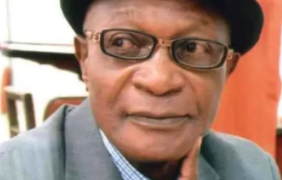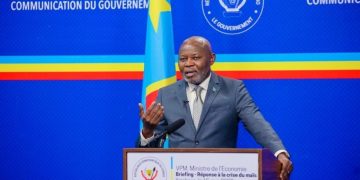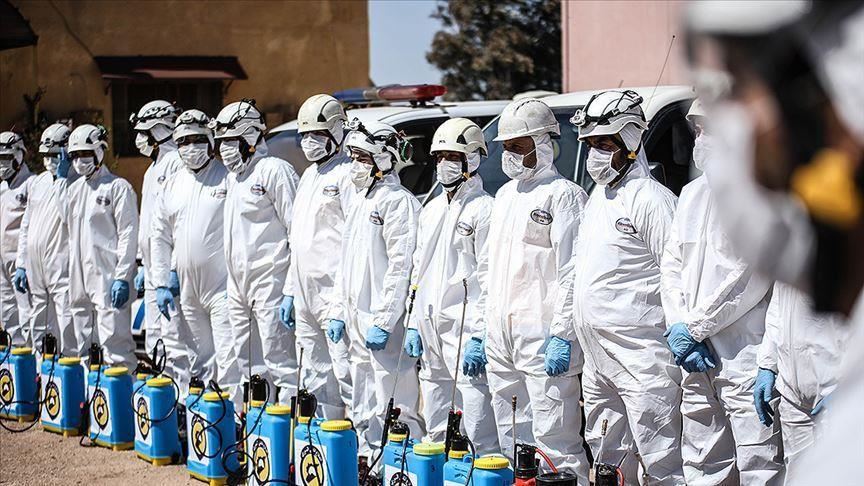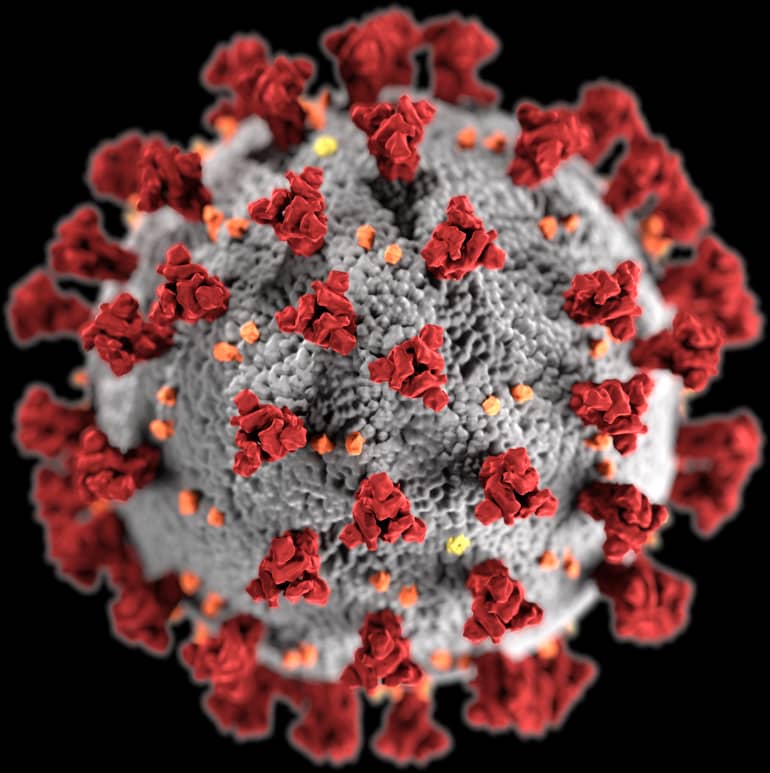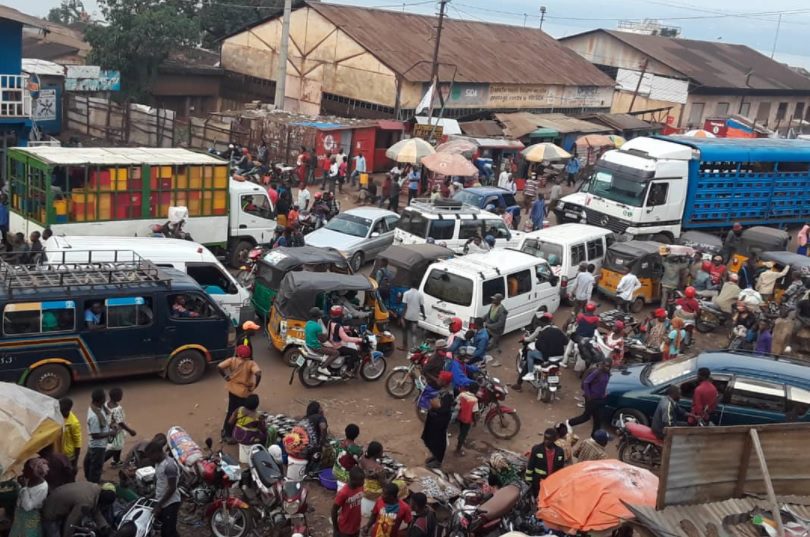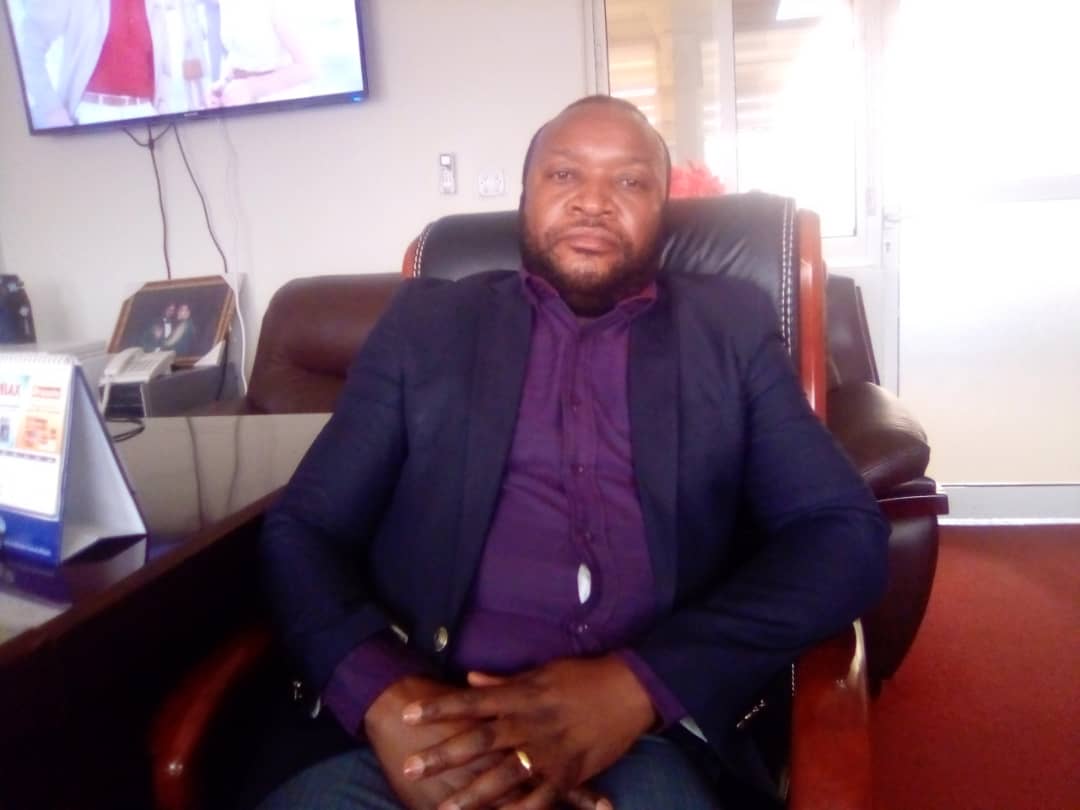In her New York Times bestselling books titled “Dead Aid: Why Aid Is Not Working and How There Is a Better Way for Africa,” which reject the western culture of aids to African countries, Dr Dambisa Moyo, the Zambian economist and author who analyzes the macroeconomy and global affairs, explains how aid continually hampers Africa’s development, the book provides alternative solutions to economic prosperity. Her position regarding aids has sparked debates and harsh critics and attacks from some of the members of donor community, and those who believe that aids are great deal for Africa to prosper and be able to deal with all her challenges. Among other things Moyo asks a very critical question, a question that has sparked debate:
“What if, one by one, African countries each received a phone call, telling them that in exactly five years the aid taps would be shut off permanently?”
The earliest harsh attack which Moyo considers to be ‘shocking and ‘inappropriate ad-hominem’ attack (attack directed against a person rather than the position he/she is maintaining) on her and her book came from the well-known Bill Gates, the billionaire philanthropist and a leading figure of the global aids community. In a questions and answers session at the University of New South Wales, a lady who part of the audience did aske the billionaire philanthropist a question:
“Mr. Gates, Dead Aid, a book by Dambisa Moyo, illustrates that giving more aid to Africa over the course of the years did not alleviate poverty, instead it kept the economy crippled with governments asking for more aid. This fluke made a cycle of aid giving which resulted in nothing productive and it has not been used to solve the immediate problems and the money is not being used to make businesses sustainable in Africa. What’s the foundation’s view in this regard?”
Gates, who confirmed to have read the book, did answer harshly with strong words:
“Books like that are promoting evil.”
Without taking into consideration that Moya has a firsthand experience of poverty, she is from one of the poorest countries in the world, Zambia. She has dedicated many years to economic study up to the PhD level analyzing and understanding the weaknesses of aid, and why aid policies have consistently failed to deliver on economic growth and poverty alleviation. She previously worked as a consultant at Goldman Sachs and as an economist for the World Bank. Bill Gates added:
“Moyo does not know much about aid and what it was doing in Africa,”
Bill Gates’ answer legitimize the importance of aids which has emerged as a relevant strategy do deal with poverty, and other socio-economic challenges of the global south in general and Africa in particular. Bill Gates’ conviction has been reinforced by the Covid-19 pandemic. Currently there is a popular believe which asserts that for poor countries to deal with all the socio-economic challenges and frustration caused by Covid-19, rich countries, philanthropists, and financial bilateral institutions such as the tween sisters, International Monetary Fund (IMF) and World Bank, must help poor countries.
In response to members’ large and urgent Covid-19-related financing needs, the IMF made the Rapid Financing Instrument (RFI) accessible to all the members. RFI provides rapid financial assistance without strict conditions, to all member countries facing an urgent balance of payments need because of challenges such as Covid-19. Many countries in the global south have applied for the fund, and the fund was rapidly approved and delivered. They applied for the fund, and the fund was rapidly approved and delivered. This simply means that the recipient can spend the money freely but should keep the receipts, as Kristalina Geargieva, IMF’s managing director instructed during the IMF’s press conference. African countries did not miss the opportunity, the IMF data shows that her biggest economies collected money, South Africa US$4.3 billion, Nigeria US$3.4 billion, and Egypt US$2.772 billion. With the ugly reputation of corruptions, maladministration and other nauseas financial practices, the questions can be, are African countries that received the loan going to keep the receipts as Geargieva told the world? If not, what will happen to the future generation and the sovereignty of those countries? But some who is tired of suffering and electoral promises would just say:
“By the way, IMF and her sister World Banks did not start yesterday, why bother? Most of them have already sold their sovereignty and the future of their children to the devil, no question!”
Any way the questions have been asked, they deserve an answer. Because a little country in Latin America, Bolivia! Bolivia has been able to provide practical answers.
Going back to the questions, a nationalist answer to the first question would be at a cost that will not, undermine the recipient countries ‘sovereignty, crippled the recipients ‘economy as Moyo has highlighted, indebted the future generation, as well as opening rooms for corruption and money laundering. In his article titled “The IMF’s USS$4bn loan for South Africa: the pros, cons and potential pitfalls” among other things professor Danny Bradlow of the University of Pretoria provides answers using South Africa. He argues that “if the rand depreciates, the loan and the interest on it will become more expensive. Given the state of the South African economy, this is not an insignificant risk.” He is also convinced that if South Africa does not use the funds from the IMF wisely, one would say if the rainbow nation forgot to keep the receipt, its economic situation will deteriorate, and it will struggle to pay back the money. He concludes that If the above happened the country could be forced to seek additional support.
The practical answer to the above questions, which also support Moyo’s view is the Bolivian Central Bank’s decision to return the money with interest to the IMF.
The IMF press release number 20/10 of the 17th of April 2020 confirms that the IMF approved Bolivia’s request for emergency financial assistance of about US$327 million under the Rapid Financing Instrument to combat the COVID-19 pandemic. It should be noted that before the November 2019 coup d’etat that was reported to be backed by the US against former president Evo Morales Bolivia had not signed a deal with the IMF since 2005. Its financial independence allowed economic improvements, nationalizations and investment in public services and social programs. The loan was approved after the Bolivian authority who emerged from the regime changed convinced the IMF that the loan was necessary for “urgently required medical spending and relief measures, while addressing the country’s balance of payments needs.”
However, on the 17th of February the Central Bank of Bolivia (BCB) announced that the IMF was arranged irregularly by Bolivia’s former coup administration. The bank argues that the loan had jeopardized “the country’s sovereignty and economic interests.” The current administration has discovered that the loan has also violated the Bolivian legal framework and added additional costs to the economy, which stand at US$24.3m. The BCB has confirmed that returned US$351.5 million to the IMF which include administrative cost, US$4.7 million in interest and commissions.
From the Bolivian story and commitment to the protection its sovereignty, millions of questions may spark in the head of any every who can think outside of the box. From the look of things, it looks like the IMF loans is a blessing to African countries but not Bolivia. Can it be economically and diplomatically correct to assume that African countries who collected the loans see no danger in the loan? A fear deal! Their authorities are wiser, patriotic, and capable to keep the receipts as Kristalina Geargieva instructed. The citizens of the recipient African must relax, to hell with Bolivia this is Africa, not Latin America. Sorry the state is mistyping!
Feruzi Ngwamba Foze










































